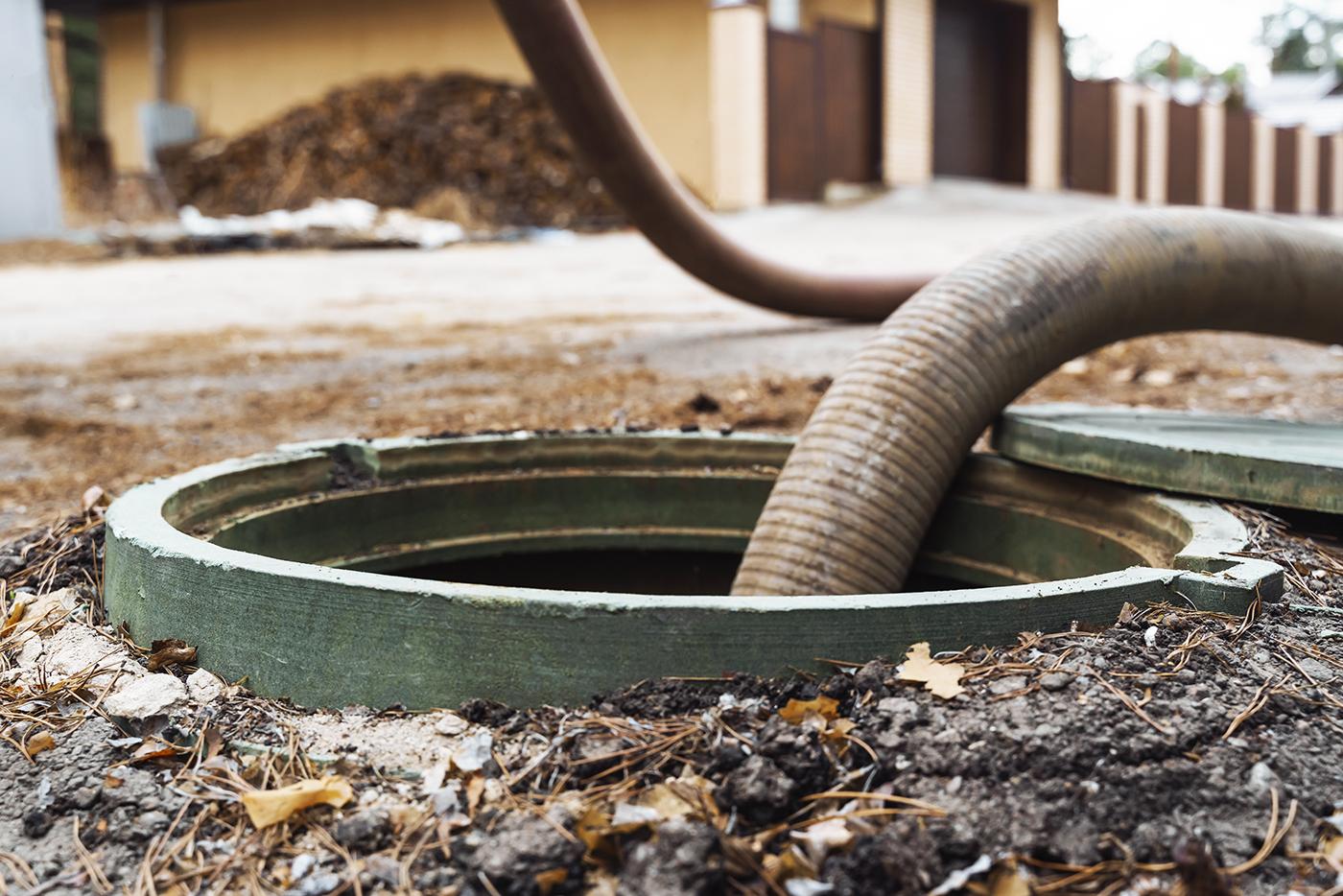About 50% of homes in North Carolina use septic systems. These are also called on-site, decentralized, cluster and private sewage systems. They collect, treat and disperse wastewater.
The On-Site Water Protection Branch, the U.S. EPA and NC Gov. Josh Stein are recognizing SepticSmart Week from Sept. 15 to 19, 2025. This annual event teaches homeowners and communities how to care for their septic systems.
Proper care and maintenance protect the health of all North Carolinians by:
- Ensuring safe drinking water
- Preventing waterborne diseases
- Preserving the environment
- Maintaining property values
- Reducing repair costs
Maintain your septic system with these recommended steps:
1. Perform Regular Inspections
Have your septic system inspected every three years by a qualified professional. Check with your local health department for guidance.
2. Conduct Pumping Maintenance
Pump your septic tank every three to five years. This prevents buildup and keeps it working.
3. Dispose Responsibly
Don't pour harsh products down the drain. This includes oils, grease, chemicals, paint and medications. These can clog your septic system. Throw away non-degradable products in the trash, not the toilet. This includes floss, disposable wipes and cat litter.
4. Fix Leaks
Fix any plumbing leaks right away. Use water-saving fixtures. They will help avoid overloading your septic system.
5. Protect Your Drain Field
Keep cars and heavy vehicles away from the drain field and septic tank to prevent damage.
6. Follow Manufacturer Guidelines
When using septic tank cleaners and additives, always follow the manufacturer's directions.
7. Manage Vegetation
Keep plants and vegetation near the system. Their roots must not block the drainpipes.
8. Use Eco-Friendly Products
Use soaps and detergents that are low-suds, biodegradable, and low-phosphate or phosphate-free.
9. Take Winter Precautions
Prevent system freezing during cold weather by inspecting and insulating vulnerable system parts. This includes the inspection pipe and soil treatment area.

